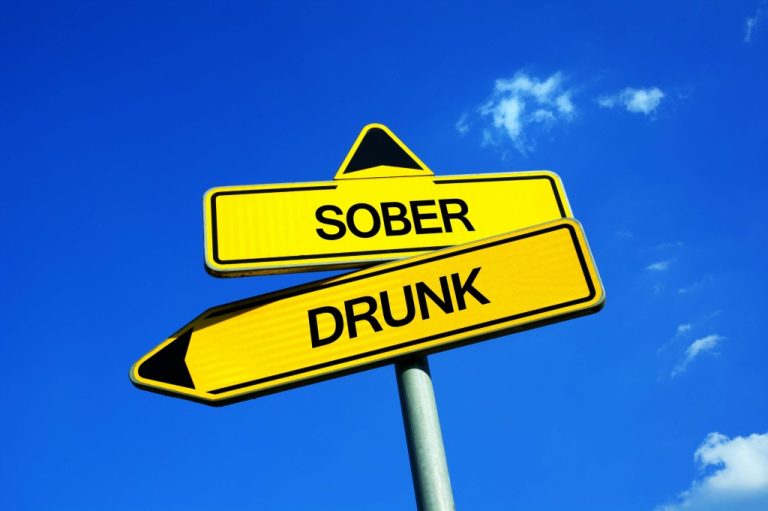After completing treatment for AUD, it’s possible to have a risk of relapse. It’s important to recognize warning signs and seek help if you’re concerned about having a relapse. Another complication is alcohol withdrawal syndrome, which may occur after you stop drinking and can cause symptoms such as nausea, shaking, and sweating. It can also lead to serious symptoms like seizures, fever, or hallucinations, and can be a medical emergency. Becoming cognitively impaired from excessive drinking of alcohol can lead to risky behaviors that can result in injury or death of an affected person or of others. But alcohol misuse, also known as excessive drinking, has a more immediate impact, whereas the symptoms of AUD will be more prolonged.

Telling yourself you can quit makes you feel in control, despite all evidence to the contrary and no matter the damage it’s causing. You have a persistent desire to cut down or stop your alcohol use, but your efforts to quit have been unsuccessful. You often drink more alcohol than you wanted to, for longer than you intended, or despite telling yourself you wouldn’t. If you have a pattern of suddenly feeling very sick after consuming alcohol, you may have developed sudden onset alcohol intolerance. Many of this type also have other substance addictions, anxiety problems, bipolar disorder and major depression.
Warning Signs of Alcohol Abuse:
Even when signs of problem drinking or alcoholism are more apparent, individuals often deny needing treatment. This can be because they don’t want to stop drinking or because they are afraid of confronting the problems their drinking is causing. For these reasons, some individuals isolate themselves and break off contact with those that they know would assist them in seeking help. Thus, it is important to remember that decisions about treatment for alcoholism, or any addiction for that matter, should involve the person in need of treatment. Individuals with an alcohol use disorder (alcoholism) will likely experience the symptoms of physical dependence as well as psychological effects.
The person consuming alcohol may develop tolerance and experience withdrawal symptoms when trying to cut back. Alcoholism is a treatable disease, with many treatment programs and approaches available to support alcoholics who have decided to get help. Getting help before your problem drinking progresses to severe alcohol use disorder can save your life.
Alcoholism Outlook & Treatment
It takes tremendous strength and courage to face alcohol abuse and alcoholism head on. Drinking to relieve or avoid withdrawal symptoms is a sign of alcoholism and a huge red flag. When you drink heavily, your body gets used to the alcohol and experiences withdrawal symptoms if it’s taken away.

The British Liver Trust reports that around 4,000 people in the UK die from liver cirrhosis and 700 people have to have a liver transplant each year to survive. If you want to know more about alcohol use disorder, including treatment options and what counts as a “standard drink” in the United States, you can visit the NIAAA Rethinking https://ecosoberhouse.com/ Drinking website. But genetics on their own don’t control whether a person has an alcohol use disorder. Environmental factors, such as lifestyle and role models, are also important influences. Medically supervised detox is part of a general approach to addiction treatment called medically-assisted treatment, or MAT.
Warning Signs You’re an Alcoholic
This is one of the most common early signs of alcoholism and it is caused by the fact that the person in question doesn’t have a very stable state of mind to deal with life issues. Alcohol addicts could either reject responsibilities or avoid them altogether. This happens because alcohol abusers spend a lot of time in alcohol-related activities such as drinking, having hangovers, etc. There are how to recognize signs and symptoms of alcoholism and alcohol abuse many alcoholics who try to stop drinking but fail for various reasons. Luckily, there are many things which can be done to help alcohol addicts reclaim their lives and get rid of alcohol abuse completely. Not being able to say no to alcohol is definitely one of the most common warning signs of alcoholism, but the sooner alcoholics get professional help, the easier the healing process will be.
For men, that means consuming five or more drinks within about two hours, and for women, four or more drinks within a similar period. These levels can be easy to hit if you sink shots, play drinking games, drink cocktails containing multiple servings of alcohol, or otherwise lose track of your intake. Alcohol detox isn’t easy and not everyone can do it on their own. That is why alcohol detox and alcohol withdrawal treatment is administered by medical professionals. Discovering you aren’t just a casual drinker and are facing an alcohol problem can be shocking.

